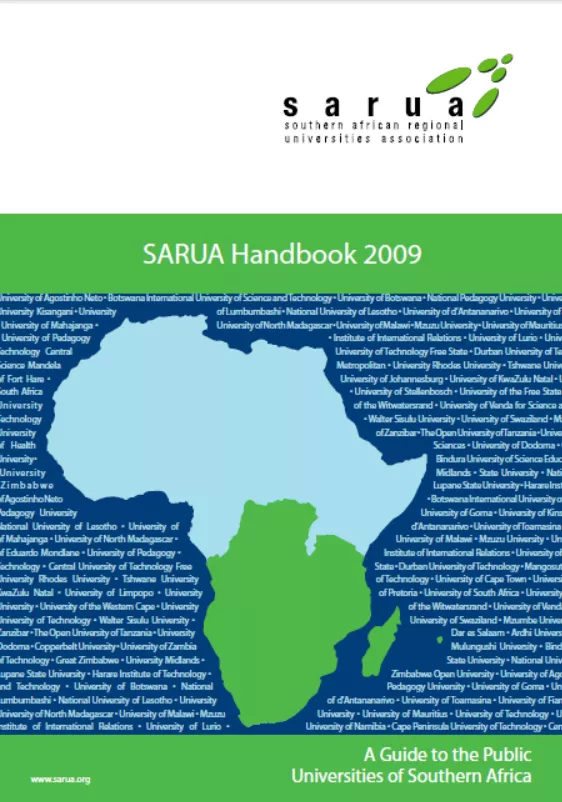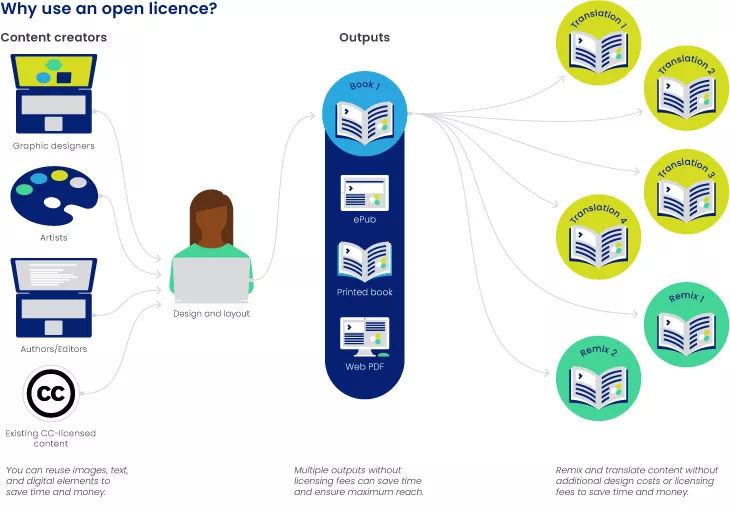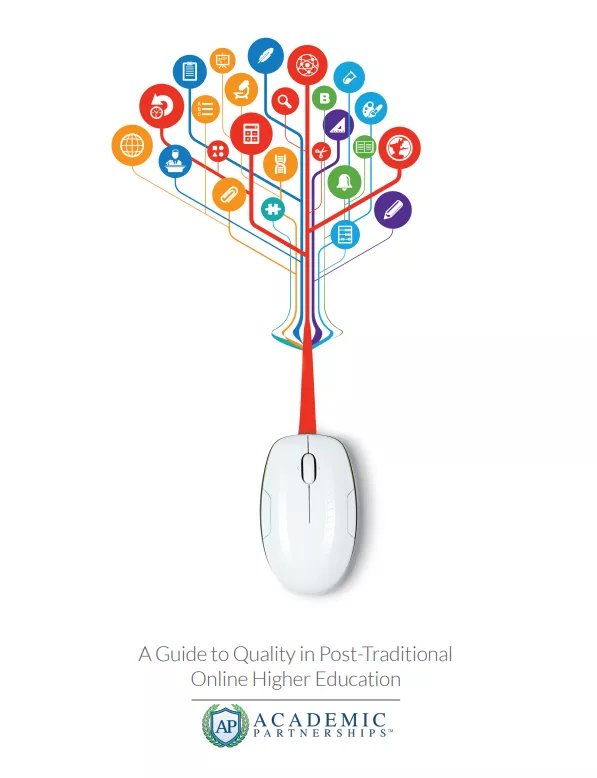
SARUA Handbook 2009: A Guide to Public Universities of Southern Africa
NBA team members compiled statistical information for this report, which provides information regarding all state-funded public universities in Southern Africa.

NBA team members compiled statistical information for this report, which provides information regarding all state-funded public universities in Southern Africa.

In 2018 we published an open licensing primer for early literacy publishers on open licensing, with a brief section for authors and illustrators.1 So much has changed since then that we decided to take a fresh look at the issues and challenges, this time giving full attention to content creators, such as publishers, authors, illustrators, and teacher, all of whom have a stake in producing high quality and cost effective materials for education.
The UNESCO Institute for Lifelong Learning (UIL) and the Commonwealth of Learning (COL) have published Guidelines on open and distance learning for youth and adult literacy to support literacy providers around the world in planning, implementing, monitoring and evaluating their open and distance learning-based (ODL) literacy programmes.
An online clinic on open educational resources (OER) and national policy on 27 September, 2021, was facilitated by Neil Butcher & Associates, in partnership with the EdTech Hub, UNESCO, the mEducation Alliance, and the Education Commission.
The workshop sought to cover the following issues:

